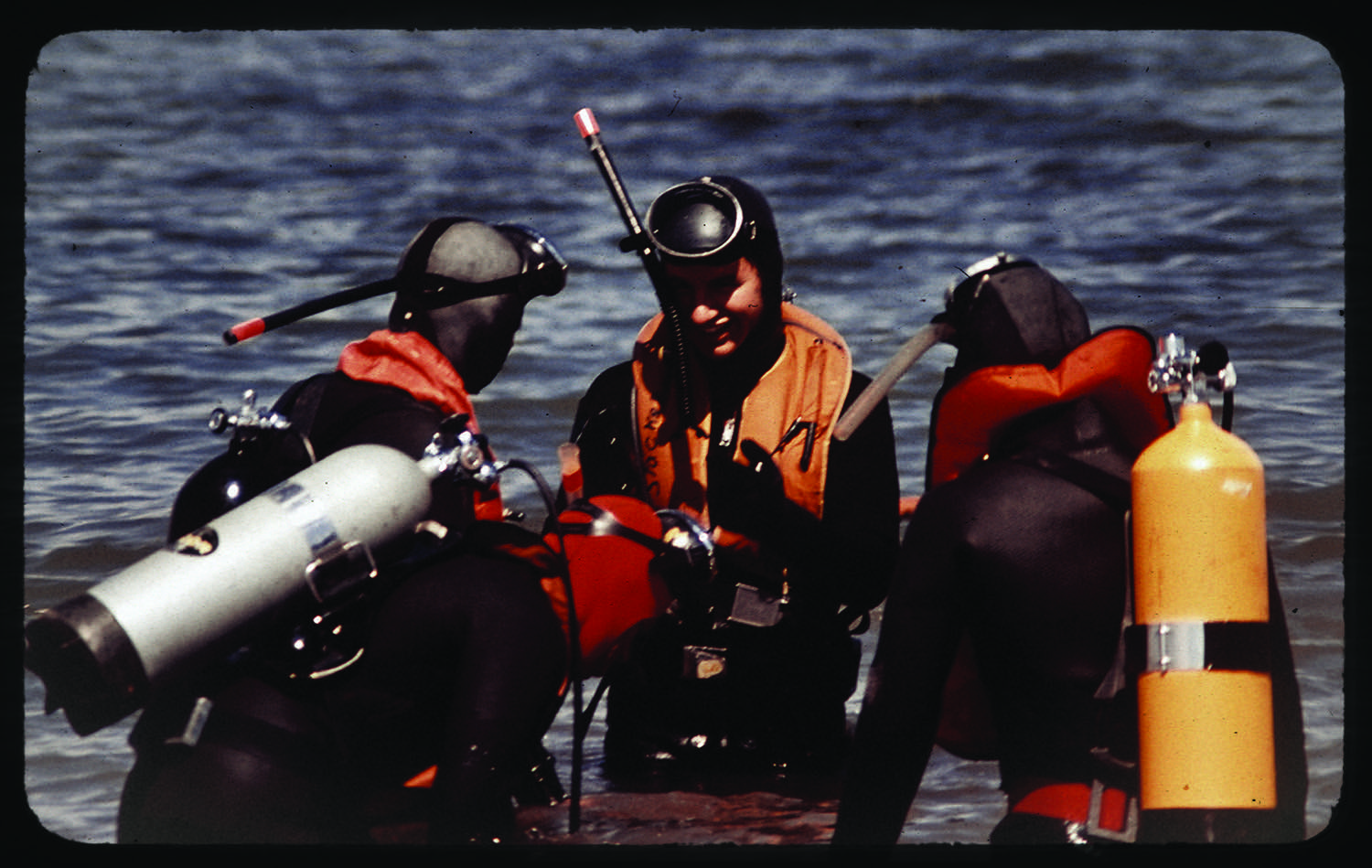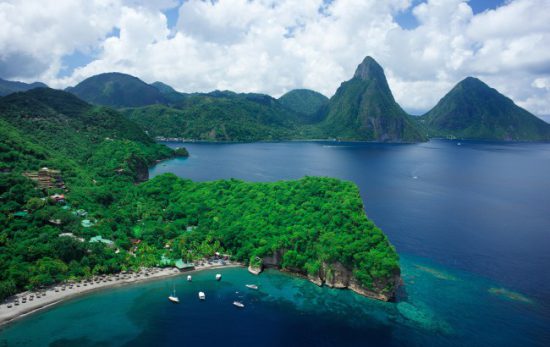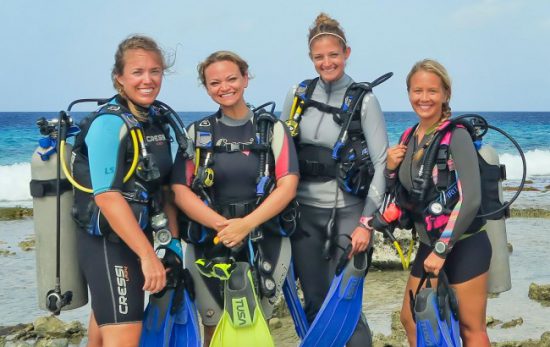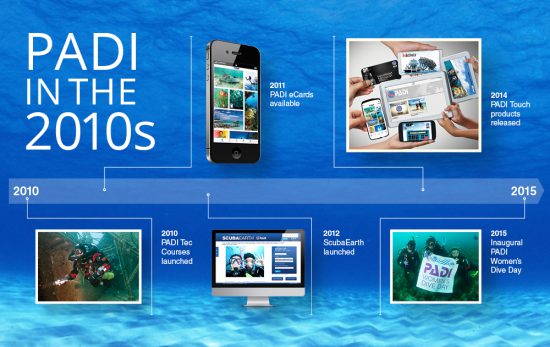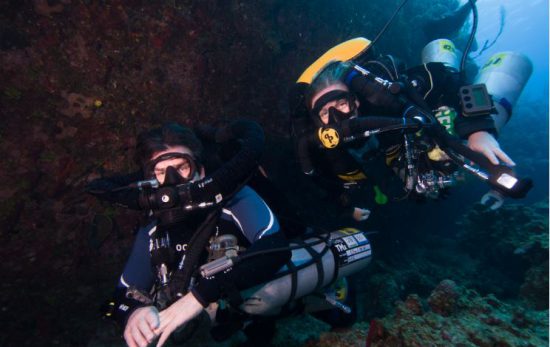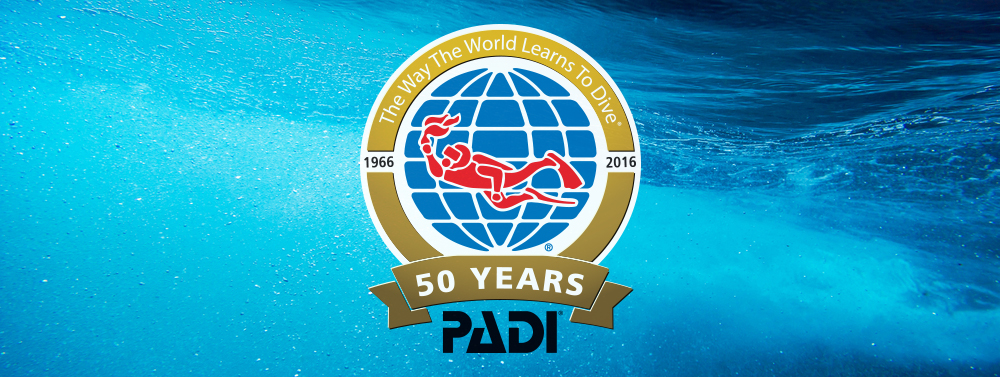
This is the second post in our 50th Anniversary series. You can find the first post here.
The 1970s were years of explosive growth for PADI®. Over the decade, PADI developed innovative new courses, gained credibility in the dive world, had huge increases in diver certifications, and more. The 1960s were when it began, but the 70s were when PADI truly defined itself.
1973: Master Scuba Diver™
In 1973, PADI introduced the Master Scuba Diver rank, the scuba industry’s first non-instructional rating. It was awarded to Senior Advanced Divers who had completed six specialty ratings. At the time there weren’t as many specialties to choose from, but they included ones that are still popular today: Underwater Photography, Cave Diver, Ice Diver, Wreck Diver, Search and Recovery Diver, Deep Diver, Research Diver, and Equipment Specialist.
1978: PADI Scuba Course and Modern Instruction
While it seems standard today, the modular scuba program was revolutionary to diving when PADI launched it in 1978. For the first time, instructional design coupled with integrated manuals, audiovisuals, tests, and instructor guides came to diver training. The new course focused on practical skills, breaking away from the industry focus on excessive theoretical knowledge and military-like standards. With the introduction of the new PADI course, diving saw immediate and steady increases in the number of divers, yet a fall in diver fatality rates. Learning to dive was more fun, efficient, and effective than ever.
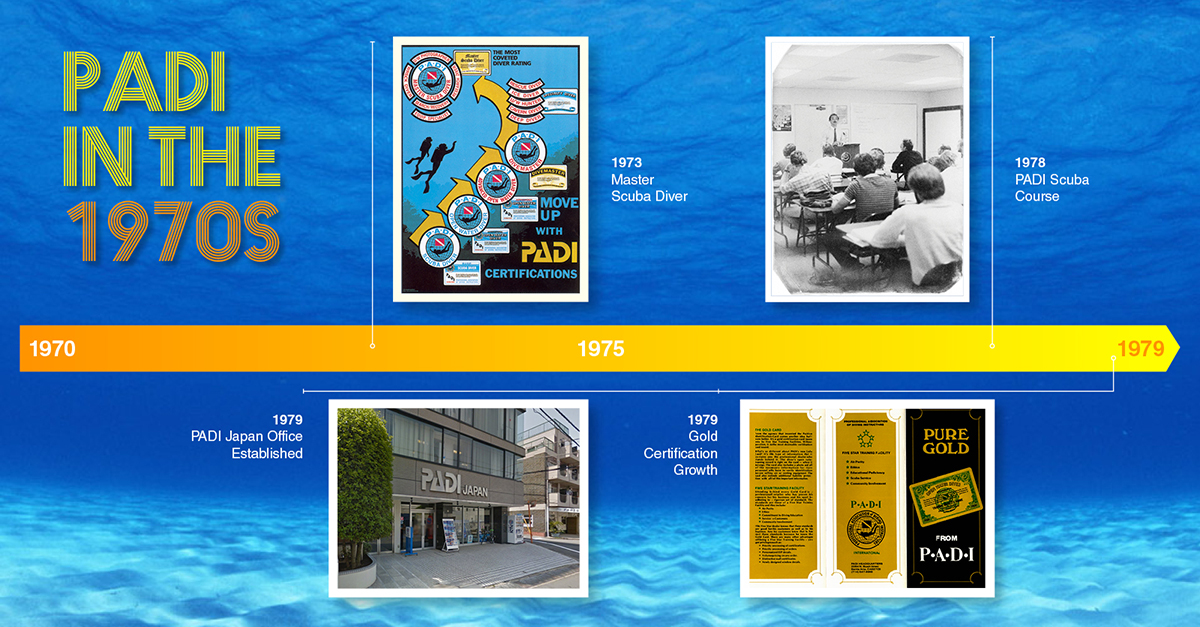
1979: PADI Japan Office Established
The first PADI overseas regional office was established in Tokyo, Japan in 1979. This evolved from the PADI Sensui Shido Kyokai (Diving Instruction Council) that was created to help translate materials and improve communication across languages. The Japan office would be the first of many worldwide developments as the PADI family expanded internationally.
1979: PADI Certifications Skyrocket
Certification rates boomed throughout the ’70s, thanks largely to the PADI System of Diver Education, and boosted by advances in dive gear options and design. By the end of the decade, PADI had gone from 25,000 certifications a year to more than 100,000 in 1979. Today, PADI averages more than 900,000 certifications annually, with more than 24 million total certifications.
The 1970s marked the era in which the PADI organization gained its tremendous momentum. Follow along with us this year, as we’ll be sharing our story through the decades. Continuing with next month’s installment – the 1980s, a decade of research and conservation.
